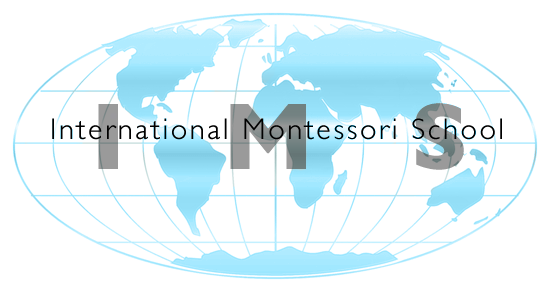LEARNING FOR A LIFETIME
“My vision of the future is . . . of individuals passing from one stage of independence to a higher [one], by means of their own activity through their own effort of will, which constitutes the inner evolution of the individual.” - Maria Montessori
The Montessori method is a unique method of introducing children to a lifetime of enjoyable learning. From the time the child enters the school at age three, he/she begins to work through the curriculum.
Our unique program combines the Montessori method, established by Dr. Maria Montessori, with a wide array of subject preparation that provides children with essential academic and social skills. The Montessori method encourages self-directed learning in a carefully constructed environment, which is designed to facilitate the cultivation of a variety of skills through specially designed materials. In this respect, the child is learning something in every area of the classroom, whether they are using multiple chains or setting the table for an afternoon snack.
The Montessori Directress and classroom assistants are always present to offer instruction or help when needed and to ensure that the children are progressing with their education. The mixed-age Montessori classroom also allows older children to reinforce what they have learned by helping younger children. This cooperative and non-competitive learning environment facilitates children working together at an early age towards concrete goals that benefit both personal and collective education. At the same time, every child receives individualized attention, is able to develop at his/her own pace, and practices independence through the choice of his/her activities at any given time.
At IMS, children are imbued with a strong sense of responsibility and appreciation of educational achievement, developing a good work ethic, and a genuine enjoyment of learning. The Montessori classroom is designed to teach children how to learn from their environment, which carries over long after students graduate. Additionally, a well-developed curriculum ensures that every child learns fundamental academic skills (including reading, writing, and arithmetic) at an age when their mind is able to absorb abundant amounts of information.
Other areas of focus in the classroom provide the children with more general life and social skills. For instance, practical life exercises promote the development of physical coordination, care for oneself, and care for one’s environment. Sensorial materials help to cultivate a child’s five senses and the general ability to recognize similarities and discern differences. Cultural education is also an essential part of adjusting to different environments and being able to work with individuals who may have different habits or customs.
With an emphasis on real-world learning that extends beyond the classroom, children are also exposed to the technical knowledge of older members of the IMS community. Parents with interests ranging from karate to robotics routinely volunteer to teach the children about their own areas of expertise. For more information on what makes IMS different, including our emphasis on cultural diversity, our track record, and our specific programs, please browse through the rest of our website and schedule a visit!
